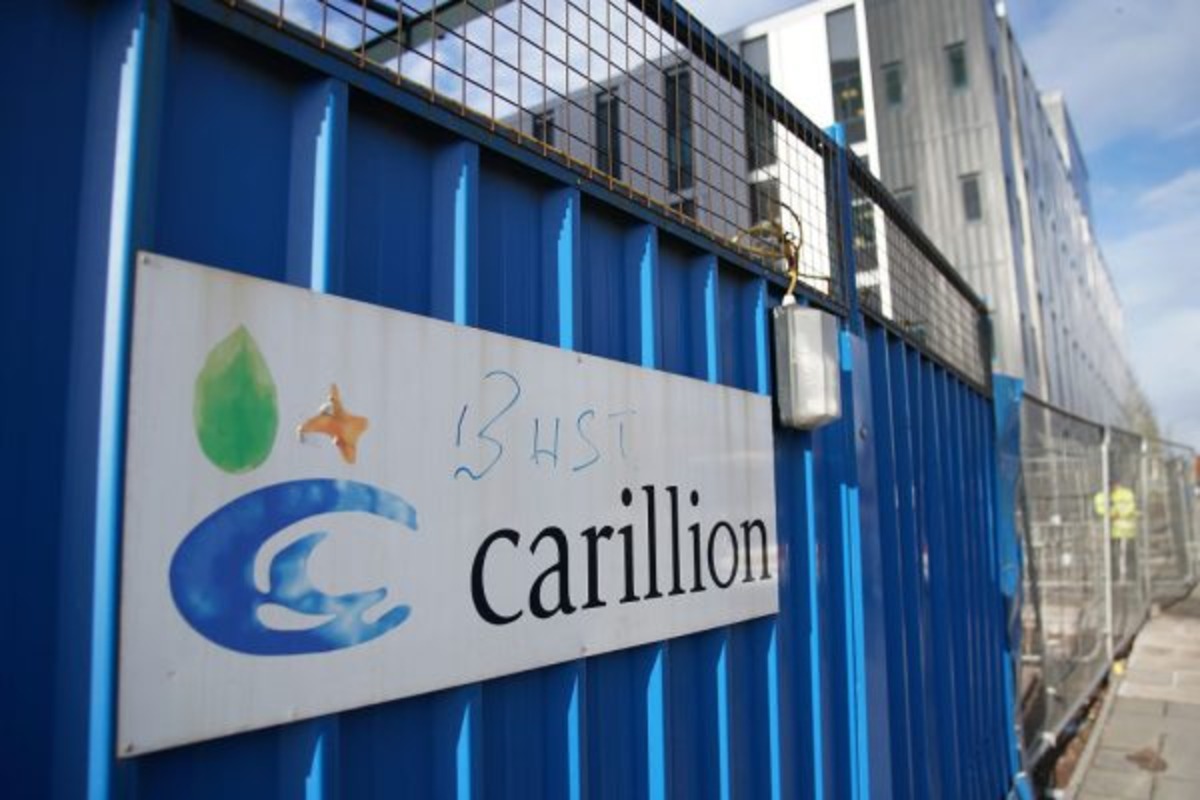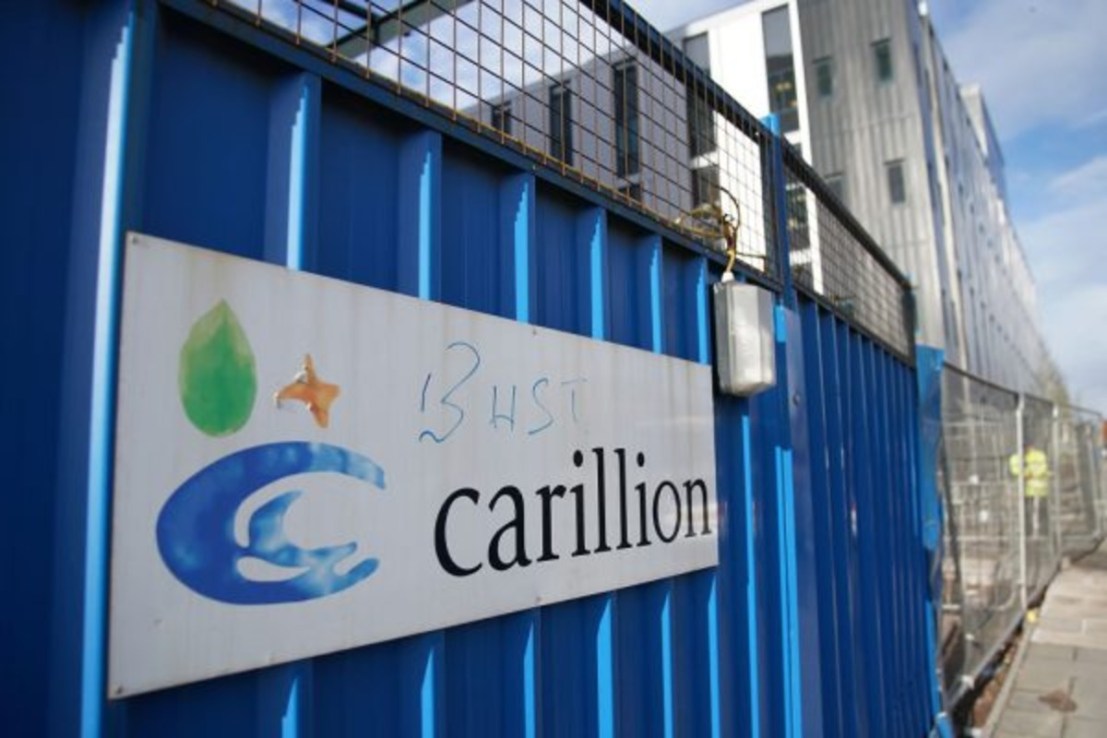ISG collapse shows cracks in UK construction industry
The crisis engulfing ISG raises questions about the entire UK construction sector, not just its own weak business model.


News that ISG, the sixth biggest construction contractor in the UK, filed for administration on Friday has reverberated across the sector.
It has, understandably, drawn comparisons with the only larger collapse in UK construction history; that of Carillion in 2018.
The impact is undeniably huge. Beyond more than 2,000 jobs are getting the axe and a huge number of government construction projects may yet be paused, including work with the Ministry of Justice to significantly increase the capacity of Britain’s overcrowded prisons.
But the crisis engulfing ISG raises questions about the entire UK construction sector, not just its own weak business model.
Take comments from Suzannah Nichol, chief executive of Build UK, the trade body for the sector. “Whilst there have been changes since Carillion six years ago, there clearly has not been enough change,” she said on Monday.
“Contagion,” as Clarion partner Ryan Millmore puts it, is the biggest issue. As was the case in 2018, hundreds of subcontractors are now at risk down the supply chain, with law firms already being contacted for advice on how to protect business interests.
Margins also lie at the heart of the problem. The rising cost of borrowing has in recent years impacted profit margins on many ongoing and upcoming developments projects.
Couple that with fierce competition, which has increasingly seen companies lowballing one another to secure lucrative government contracts, and you have a recipe for trouble. That’s without even mentioning issues cropping up from still widely-used fixed price contracts, which put the risk of any increase or decrease in price onto the contractor. This can have a disastrous impact on budgets where margins are slim.
Is ISG the exception?
Some 4,370 construction companies went bust in the 12 months to November 2023, up seven per cent year-on-year.
What can often put the final nail in the coffin is contracts simply failing to get off the ground, sometimes undermining years of planning and investment.
In the case of ISG, notable examples include a £300m contract with the failed battery start-up Britishvolt, or a £600m job with Sunset Studios paused Hertfordshire facility. There is a question over the wisdom of some firm’s choice to take-up work on certain projects.
ISG chief executive Zoe Price last week blamed its collapse on loss-making contracts signed before the Covid pandemic, Construction News reported.
The firm ultimately cannot pin the blame on the challenges of the wider sector. Experts noted there has been some criticism of its diversification strategy, which has seen it become a far more widely-focused business than the days when it concentrated primarily on interiors. At the same time, it has expanded rapidly into Europe, Asia and Africa, significantly ramping up costs.
Eyebrows may also be raised at the level of dividend payouts and executive pay at ISG in recent years. According to the Sunday Times, wages for the top paid director, thought to be David Cossell at the time, tripled to £3m following an £85m take-private deal in 2016. In the last five years, ISG’s best-paid executive has raked in over £18m in pay.
Things began to go seriously wrong last November when it emerged ISG was having difficulty paying subcontractors. As the situation worsened, a potential buyer emerged in the form of Antipodean Holdings, led by the South African businessman Andre Redinger.
Redinger has claimed that the contractor walked away from a potential buyout deal that would have saved it from administration, an account ISG refutes. “While our due diligence showed that ISG was in a much more financially perilous state and the company’s future much graver than we originally suspected, we were still committed to finalising a fair deal,” Redinger said in a statement.
James Overton, the other director of Antipodean Holdings, said ISG staff and the supply chain should be “infuriated that the company’s ownership failed to… act in their best interests.”
ISG CEO Price, however, has said Antipodean did not have the necessary funds. It is unclear exactly what happened and questions will undoubtedly follow in the coming weeks.
What is clear is that UK construction finds itself in a troublingly similar situation to that of six years ago, with another giant of the industry left as rubble. While Covid-19 and macroeconomic difficulties are out of the sector’s control, the broader underlying lessons have yet to be learnt.



